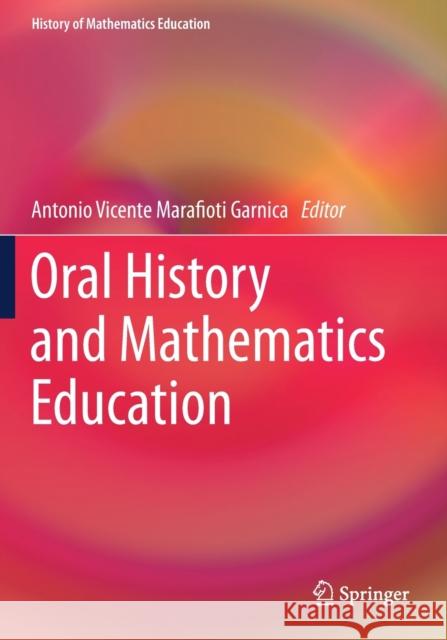Oral History and Mathematics Education » książka
topmenu
Oral History and Mathematics Education
ISBN-13: 9783030163136 / Angielski / Miękka / 2020 / 128 str.
Oral History and Mathematics Education
ISBN-13: 9783030163136 / Angielski / Miękka / 2020 / 128 str.
cena 563,56
(netto: 536,72 VAT: 5%)
Najniższa cena z 30 dni: 539,74
(netto: 536,72 VAT: 5%)
Najniższa cena z 30 dni: 539,74
Termin realizacji zamówienia:
ok. 16-18 dni roboczych.
ok. 16-18 dni roboczych.
Darmowa dostawa!
Kategorie:
Kategorie BISAC:
Wydawca:
Springer
Seria wydawnicza:
Język:
Angielski
ISBN-13:
9783030163136
Rok wydania:
2020
Wydanie:
2019
Numer serii:
000801739
Ilość stron:
128
Waga:
0.27 kg
Wymiary:
25.4 x 17.78 x 0.81
Oprawa:
Miękka
Wolumenów:
01
Dodatkowe informacje:
Wydanie ilustrowane











